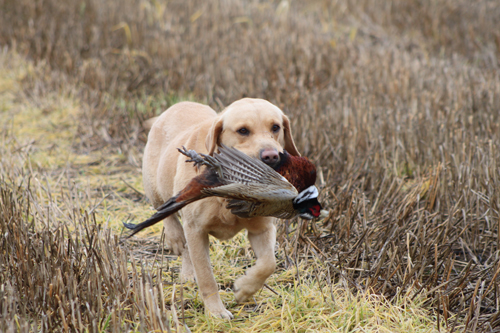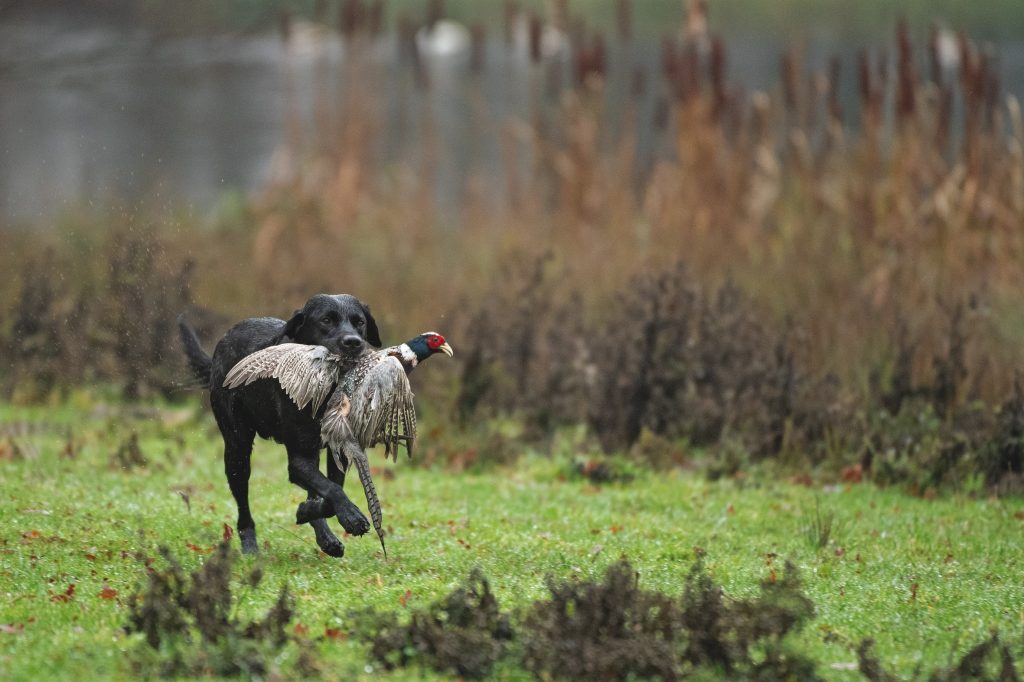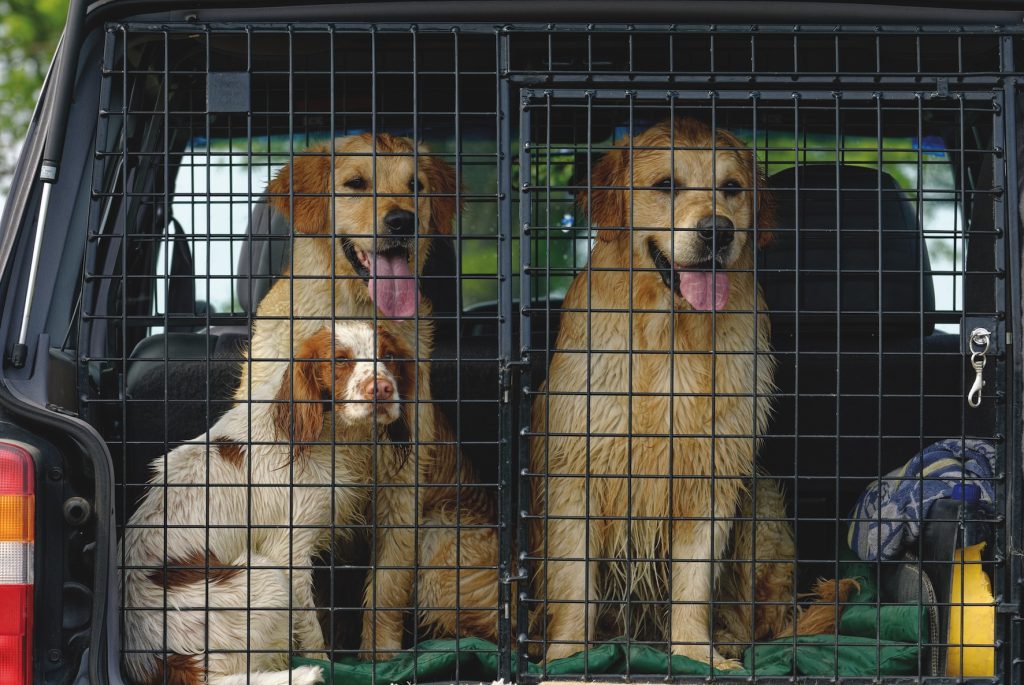★ Win a Schöffel Country shooting coat for everyone in your syndicate worth up to £6,000! Enter here ★
How to treat gundog allergies
Harvey Carruthers discusses some of the most common skin allergies in dogs and the best way to treat them

Skin allergies
Many allergies become obvious in the first two years of a dog’s life. As itchiness worsens a dog may chew its feet and its trunk. The coat can become thin and skin infected due to scratching. The ears may become warm and inflamed. Flea and environmental allergies are among the most common causes of itchy skin disease in dogs. Other allergens include foods and drugs, which can cause serious illness.
Flea allergies
Flea allergies can happen to both kennelled and housed dogs, and these problems may occur all year round. Often groups of animals are infested; with allergic dogs developing more severe itchiness. A single flea bite can cause this allergy. To test for flea dirt on the coat put some on a wet tissue, flea dirt will form a brown stain. Most fleas feed on the dog, but live in the environment.
Environmental allergies
Environmental allergies can be caused by everyday household irritants such as dust mites or bedding washed in certain cleaning products, or by outdoor trees and pollens. The seasons for outdoor plants vary and so do many dog allergies. Often dogs with environmental allergy have flea allergy, so regular flea prevention treatment is important. After working outdoors wipe the allergic dog’s feet and body with a damp cloth to remove pollen.
Allergy treatments
Some allergies show up on blood tests or skin testing, but many go undiagnosed. Treatment includes removing the cause if possible, for example by treating dog and kennels against fleas. Antihistamines and steroids can reduce itchiness. Aloe vera can give relief, and medicated shampoos can prevent skin becoming infected with yeasts and bacteria. Remember to test any skin treatment on a small area first in case of drug reaction.
Related Articles
Get the latest news delivered direct to your door
Subscribe to Shooting Times & Country
Discover the ultimate companion for field sports enthusiasts with Shooting Times & Country Magazine, the UK’s leading weekly publication that has been at the forefront of shooting culture since 1882. Subscribers gain access to expert tips, comprehensive gear reviews, seasonal advice and a vibrant community of like-minded shooters.
Save on shop price when you subscribe with weekly issues featuring in-depth articles on gundog training, exclusive member offers and access to the digital back issue library. A Shooting Times & Country subscription is more than a magazine, don’t just read about the countryside; immerse yourself in its most authoritative and engaging publication.







